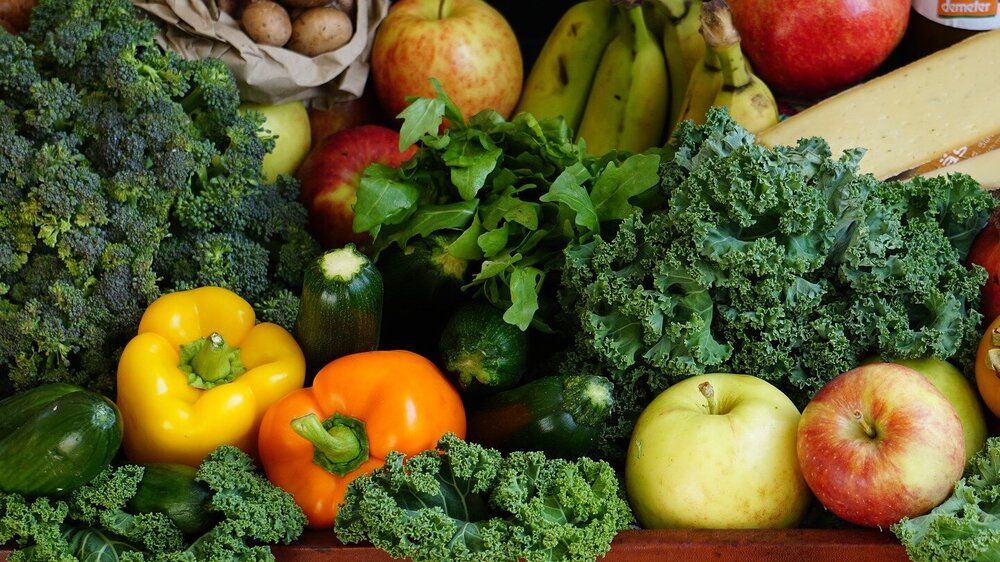
If you enjoy exploring new countries and cultures, you may be interested in learning how to shop locally and source fresh produce while traveling. In this blog post, Vikki Gerrard, La Crosse, WI, shares strategies for shopping locally and sourcing good produce while visiting other countries.
Do Your Research
Before heading out on your travels, research the local produce and food culture of the countries you plan to visit. Explore where the local markets are located, when they are open, and when you should visit.
This information will help you find fresh produce and negotiate like a local so you don’t overpay.
Visit Local Markets
Visiting local markets is one of the most authentic ways to find fresh produce and other local foods. Plus, you’ll get to mingle with locals and learn more about their culture.
When visiting markets, be mindful of food safety practices, such as washing fruits and vegetables with clean water or using a proper disinfectant agent.
Ask Locals For Recommendations
You can simply ask locals for recommendations on where to shop for produce. They can give you insider tips on the most authentic markets and where to find the best prices.
Ask about their favorite foods and why they recommend them.
Support Small Farms
When sourcing produce, consider supporting small, local farmers over large chain stores. You’ll often find unique and rare produce that you can’t find in larger supermarkets.
Plus, purchasing from small farms will support the local economy and provide a better understanding of local agriculture practices.
Look For Signs Of Freshness
When shopping for produce, looking for signs of freshness is essential. Check the color, smell, and texture of fruits and vegetables.
Avoid produce that is discolored or has a bad odor. Look for vegetables that are firm and brightly colored and fruits that are ripe but not overripe.
Buy In-Season Produce
Purchasing produce that is in season is not only more nutritious but also more affordable. You can ask vendors about what fruits and vegetables are in season or research beforehand.
In-season produce will be fresher and more flavorful than out-of-season produce, often shipped from long distances.
Check Out Restaurants And Cafes
While you may not be able to take produce home from restaurants and cafes, exploring their menus can provide you with new ideas and inspiration for dishes to prepare for yourself.
Don’t be afraid to ask the staff where they source their products, as they may have insider tips on local markets or small farms.
Shop At Supermarkets With A Local Focus
Some supermarket chains have focused on stocking more local and seasonal produce. These supermarkets can be an excellent resource when sourcing produce while traveling.
Local supermarkets that source from nearby farmers are also great places to find fresh produce.
Learn The Language
Speaking the local language or having a few key phrases up your sleeve can make all the difference when shopping locally.
Knowing how to ask for specific produce or negotiate prices will help you navigate local markets and connect with vendors on a deeper level.
Be Adventurous
Last but not least, be adventurous when trying new foods and produce. Step outside your comfort zone and try things you’ve never heard of before. You may just discover your new favorite food or spice.
Benefits Of Supporting Local While Traveling
1. Supports The Local Economy
Shopping at local markets and buying produce from local farmers helps stimulate the local economy. It causes money to circulate within the community and supports the livelihoods of local farmers and producers.
When purchasing goods at local markets and farms, travelers invest in the community and help generate a sustainable income source for those who live there.
2. Fresher Produce
Visitors can witness the growing and selling of produce first-hand when visiting a local market or farm. This means that the produce is often fresher and has not traveled long distances, meaning it has not lost any nutritional value.
Additionally, local farmers often harvest their produce at the peak of freshness, bursting with flavor.
3. Supports Sustainable Practices
Many local farmers practice sustainable agriculture, meaning they use eco-friendly farming methods instead of harmful ones that damage the environment.
They may use fewer pesticides or fertilizers, rotate crops, and use compost instead of chemicals, resulting in higher quality and better-tasting produce.
4. Discover Unique And Regional Produce
When shopping locally, travelers can discover new and unique produce that they may not be able to find in their own country. Visiting a local market will allow them to taste and experience fresh fruits and vegetables that they may never have tried before.
Being adventurous and trying new things is one of the joys of traveling; finding local produce is a great way to do that.
5. Understanding The Culture
Eating local produce is a great way to understand and embrace the culture of the country being visited. It offers insight into the local diet and culinary customs, which can be enriching for travelers who want to experience the country’s food culture.
Some countries are known for their specific produce, like the mangoes of the Philippines or the kiwis in New Zealand.
Conclusion
Vikki Gerrard, La Crosse, WI, recommends exploring local markets and sourcing good produce while traveling to connect with local people and experience authentic cultural exchange. By following these strategies, you’ll have the tools to negotiate prices, find unique produce, support small farms, and broaden your culinary horizons. Whether you’re an experienced traveler or traveling for the first time, you can make your food adventure a little more adventurous and tasty by taking a local approach to food shopping and sourcing.
 2018 ·
2018 ·
Leave a Reply